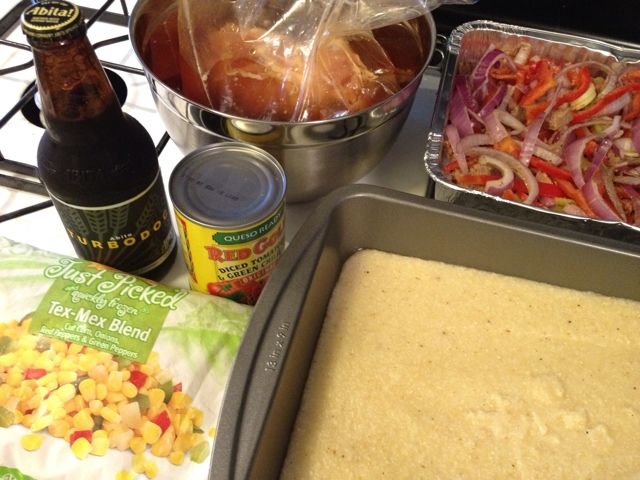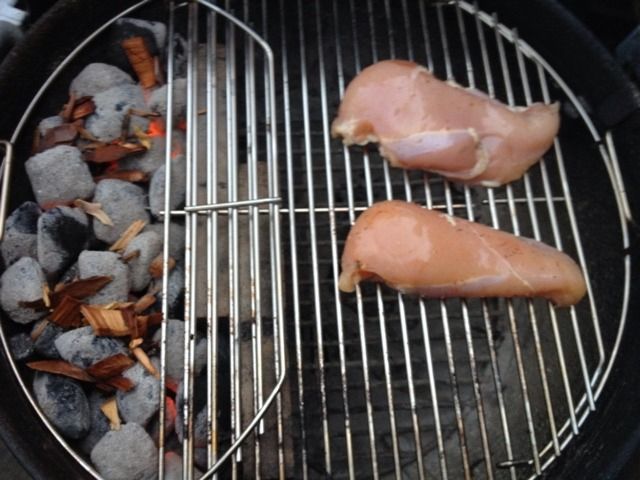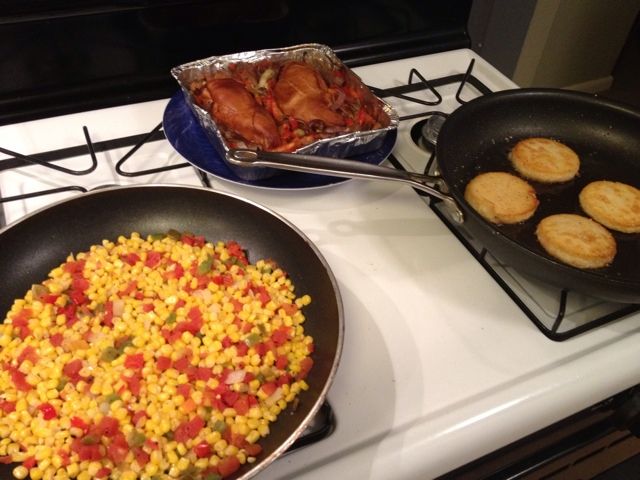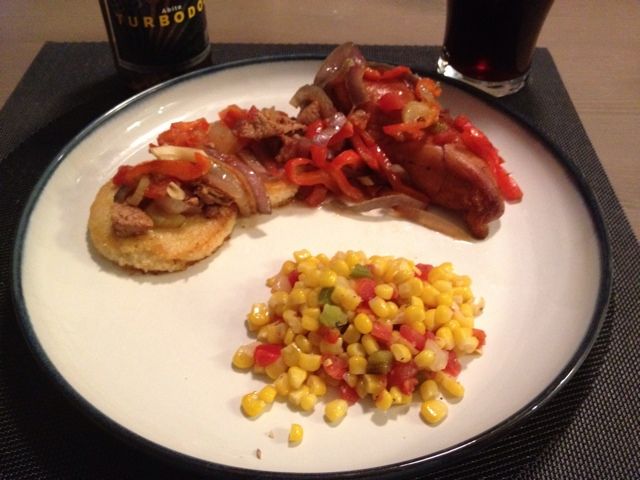<BLOCKQUOTE class="ip-ubbcode-quote"><div class="ip-ubbcode-quote-title">quote:</div><div class="ip-ubbcode-quote-content">Is it my imagination, or has your daughter grown up since the last pic I saw of her? Its only natural I suppose... </div></BLOCKQUOTE>
yes, unlike the baby chickens her growth has not been arrested
. As a parent, I find I advance with her in steps rather than gradually. One day I'll take the time to figure out what she's capable of doing and realize she's far more capable than I had thought.
<BLOCKQUOTE class="ip-ubbcode-quote"><div class="ip-ubbcode-quote-title">quote:</div><div class="ip-ubbcode-quote-content"> Jeff, ya gotta frame this shot! Beautiful!! </div></BLOCKQUOTE>
I know, I liked it too, but despite using a tripod, the sharpness was off. I should have used a timer on the shutter because I'm thinking it was because of me pushing down on it.
<BLOCKQUOTE class="ip-ubbcode-quote"><div class="ip-ubbcode-quote-title">quote:</div><div class="ip-ubbcode-quote-content"> Is there really that big of a difference than the regular ones? </div></BLOCKQUOTE>
the poussin were indeed free range and cost $8.99/lb.
1) the label "free range" has a specific definition in the US that is not exactly what one assumes it to be (its a big time lie). Never pay more for the label "free range" unless you know exactly where the bird came from
2) the biggest thing I notice with a healthy bird is the condition of the skin which will be entirely bright and even. Cheap grocery birds will have purple areas at the tip of the drums, on the wing tips and spots along the body that come in contact with the ground (these birds grow so quickly and abnormally that they have trouble standing up). These are phosphate burns from dragging around in their own feces. Keep in mind that I don't belong to PETA or anything, its just real info and personal observations. After working with some clean birds recently, I'm having a hard time thinking about the cheaper ones.
<BLOCKQUOTE class="ip-ubbcode-quote"><div class="ip-ubbcode-quote-title">quote:</div><div class="ip-ubbcode-quote-content"> Buy yourself some Berkshire Pork, or wagyu beef and you'll probably never eat regular pork and beef again.
</div></BLOCKQUOTE>
agreed. but just like the "free range" label, you have to do your homework. Because of the higher price point of these breed labels, the big, industrial farms are raising them too. And they are crossing them with other breeds so they still use the designation but grow them fast, lean and bland, just the way Americans like it.
Rather than trying to figure out supermarket meat, I prefer to buy from local growers were the facts are more transparent. But even then, you still have to seek out good meat. Just because some family owns a farm and is raising heritage animals, doesn't automatically mean they know what they are doing.
<BLOCKQUOTE class="ip-ubbcode-quote"><div class="ip-ubbcode-quote-title">quote:</div><div class="ip-ubbcode-quote-content">
All that being said, I think buying free range chicken in the store isn't justified because they inflate the prices knowing people who want better products are okay with getting raped to get them. I feel the same way about things like ox tails, lamb shanks and celery root as well, they used to be cheap until the foodies found out about them and stores realized how much profit they can make on them </div></BLOCKQUOTE>
agreed, there is some inflation at the supermarkets, that why I generally don't buy meat from them. However, good food does have a cost and we need to accept that. In the US, we are starting at food prices that are incomparable with anywhere else in the world (and anytime in history). I heard a stat that modern Americans spend the least amount of time and percentage of income on food, compared to any humans ever. We have created this huge food machine and have become entirely too comfortable with cheap, bad food.
Foodies, rather than being the problem, are the solution. I believe as more people become educated about what good food is and what it cost to produce in sustainable ways, the market will adjust to it. Yes, good, sustainable food is more expensive, but it will move out of its niche/boutique status only when more of us move in that direction.

















